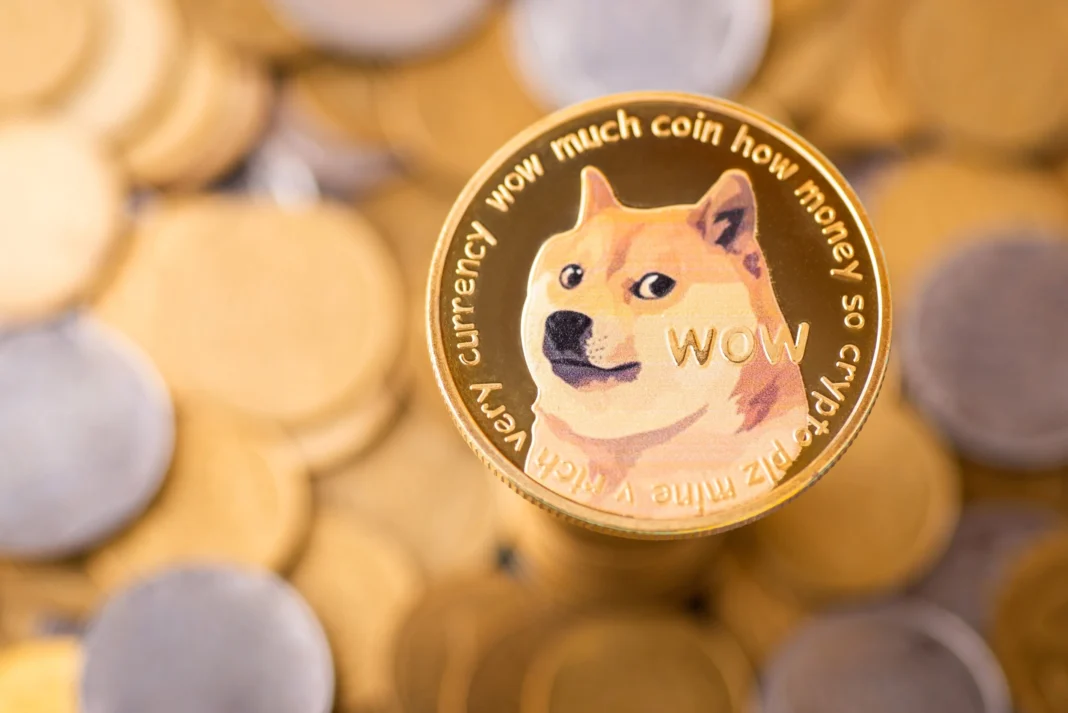Over the past 12 months, Bitcoin (BTC 0.99%) has surged, more than doubling its value and nearing its all-time high. Key milestones like the approval of spot price exchange-traded funds (ETFs) in January, the Bitcoin halving in April, two interest rate cuts, and Trump’s election victory have reignited bullish momentum.
However, Dogecoin (DOGE 2.40%), a meme-inspired cryptocurrency initially created as a parody of Bitcoin in 2013, has outperformed Bitcoin, quadrupling its value over the same period. In the past, Dogecoin’s price movements were heavily influenced by Elon Musk’s unpredictable tweets, and in 2022, Tesla even began accepting it as payment for certain purchases.
Dogecoin’s Recent Surge
Dogecoin’s latest rally was largely driven by Trump’s election victory. The meme coin gained additional momentum when Trump announced plans to establish a Department of Government Efficiency (DOGE) led by Elon Musk and Vivek Ramaswamy to combat government waste. This announcement, coupled with Trump’s pro-crypto stance, helped Dogecoin overshadow Bitcoin’s performance. But does this make Dogecoin a better investment than Bitcoin?
Comparing Dogecoin and Bitcoin
Dogecoin originated from Litecoin’s open-source code, itself a fork of Bitcoin. Like Bitcoin, Dogecoin uses the energy-intensive proof-of-work (PoW) consensus mechanism. However, Dogecoin’s developers introduced a unique Scrypt-based hashing algorithm to improve efficiency and transaction speed.
This innovation attracted a strong community of supporters, including celebrities like Elon Musk, Mark Cuban, and Snoop Dogg. By May 8, 2021, Dogecoin hit an all-time high of $0.73, marking a staggering 47,279% gain since January 2014.
Despite its popularity, Dogecoin faces two critical challenges:
- Inflationary Supply: Dogecoin lacks a fixed supply cap, with over 150 billion tokens in circulation and 10,000 more added every minute. In contrast, Bitcoin’s maximum supply is capped at 21 million, creating a scarcity that likens it to digital gold.
- Lack of Smart Contracts: Unlike Ethereum, Dogecoin doesn’t support smart contracts, which are essential for building decentralized apps (dApps), NFTs, and other crypto projects. Ethereum-based alternatives like Shiba Inu offer staking and smart contract capabilities, making them more versatile for developers.
While Dogecoin’s faster transaction speeds are a technical advantage, its inflationary nature and limited functionality prevent it from rivaling Bitcoin’s utility or Ethereum’s development ecosystem.
Why Dogecoin Isn’t a Long-Term Alternative to Bitcoin
Dogecoin’s recent gains may be short-lived, tied more to media cycles than lasting fundamentals. Once the hype around Trump’s election cools, Dogecoin’s price could face significant pullbacks.
Bitcoin, however, remains a robust long-term investment. Its halving events continually reduce mining rewards, tightening supply and supporting its value. Institutional adoption and potential use as a national currency in inflation-stricken countries further enhance Bitcoin’s appeal as a digital asset akin to gold.



